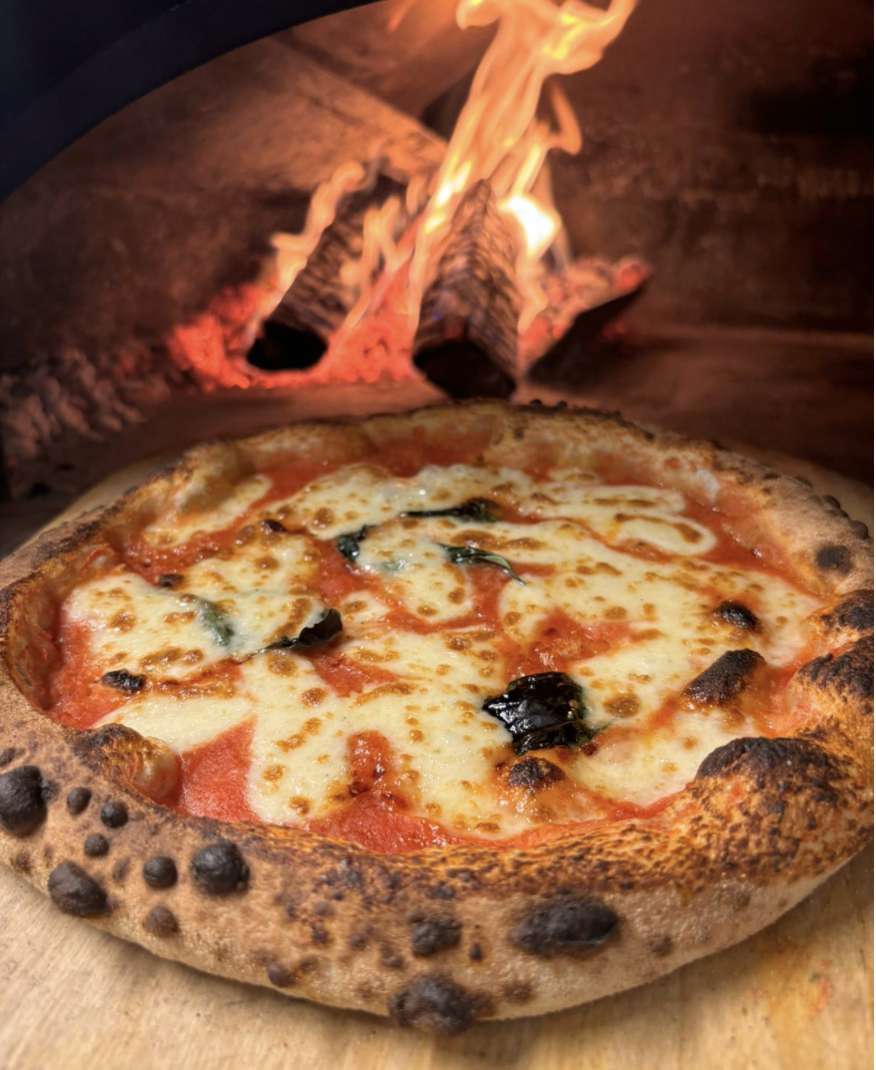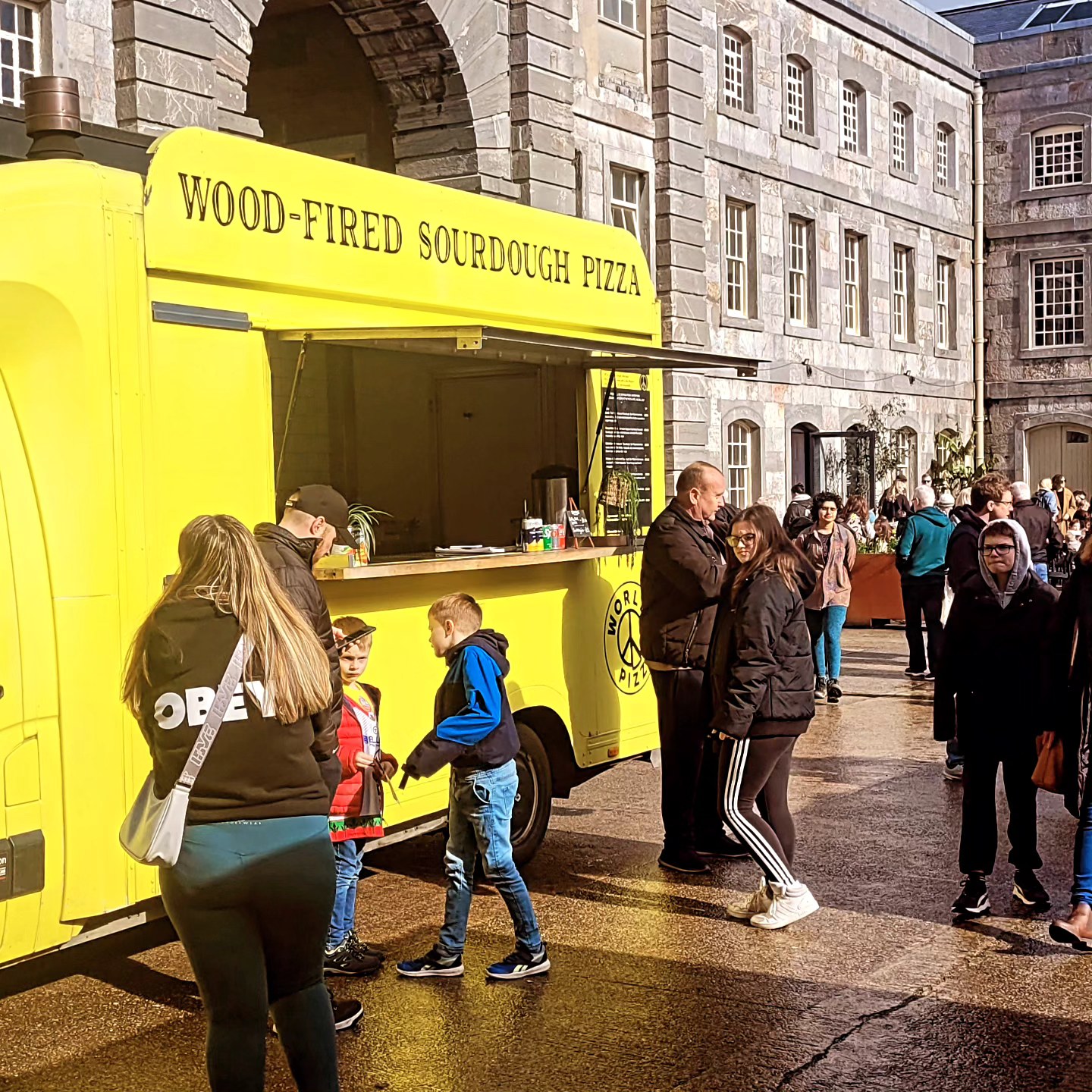There’s something undeniably enchanting about a wood-fired pizza oven. From the distinct smoky flavor to the inviting warmth of a crackling fire, wood-fired ovens offer an authentic pizza experience that is tough to match. While gas-fired ovens certainly have their merits, for the true pizza aficionado, the wood-fired oven is a clear winner. Let’s delve into why wood-fired ovens are often the preferred choice for crafting the perfect pizza.

1. Unmatched Flavor
The biggest advantage of a wood-fired oven is the unique taste it imparts. The wood used in these ovens can vary from oak to cherry, each adding a distinct smoky nuance to the pizza that cannot be replicated by any other cooking method. This smoke infuses the pizza with a rustic, old-world flavor that elevates it from merely good to truly gourmet.
2. Optimal Heating Characteristics
Wood-fired ovens excel in their ability to reach soaring temperatures—often up to 800 degrees Fahrenheit (around 427 degrees Celsius). These high temperatures create a perfectly charred crust in a manner of minutes while keeping the toppings juicy and flavorful. The oven’s uneven heating might seem like a drawback, but it actually allows for skillful chefs to rotate the pizza, achieving an ideal crispness and a beautifully blistered crust that is both airy and crunchy.
3. Speed and Efficiency
When it comes to cooking speed, wood-fired ovens are unparalleled. A pizza can cook in as little as 90 seconds, making these ovens a favorite in bustling, high-volume settings where both speed and quality are paramount. This rapid cooking preserves the nutrients in the toppings and offers a fresh, fiery taste that is simply irresistible.
4. Artisanal Cooking Experience
Using a wood-fired oven involves more than just cooking; it’s an art form. Managing the fire, choosing the right wood, and mastering the rotation of the pizza requires skill and dedication, which can be incredibly rewarding. For culinary enthusiasts, the process of cooking with a wood-fired oven is as satisfying as the delicious results.
5. Aesthetic and Ambiance
Beyond just the food, wood-fired ovens contribute to the ambiance of any dining setting. They serve as a cozy hearth where people can gather and enjoy the warmth of the fire. This makes wood-fired ovens not just a cooking appliance but a centerpiece that enhances the dining experience.
6. Eco-Friendly Option
For those concerned with sustainability, wood-fired ovens have an edge. When using responsibly sourced wood, these ovens can be a more environmentally friendly option compared to fossil fuel-dependent gas ovens. Moreover, the natural decomposition of wood means less environmental impact in terms of waste.
Conclusion
While gas-fired ovens offer convenience and consistency, they simply can’t match the superior taste and enchanting experience of a wood-fired oven. For those who cherish the craft of pizza making and savor the distinct flavors that only wood can provide, a wood-fired oven is the ultimate tool. It’s about embracing tradition and enjoying a culinary ritual that has been cherished for centuries. Choosing a wood-fired oven isn’t just about cooking; it’s about creating memorable, flavorful experiences that bring people together.


